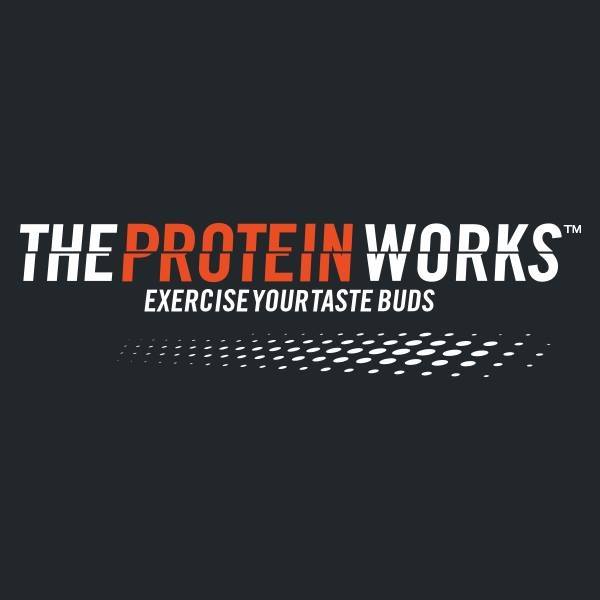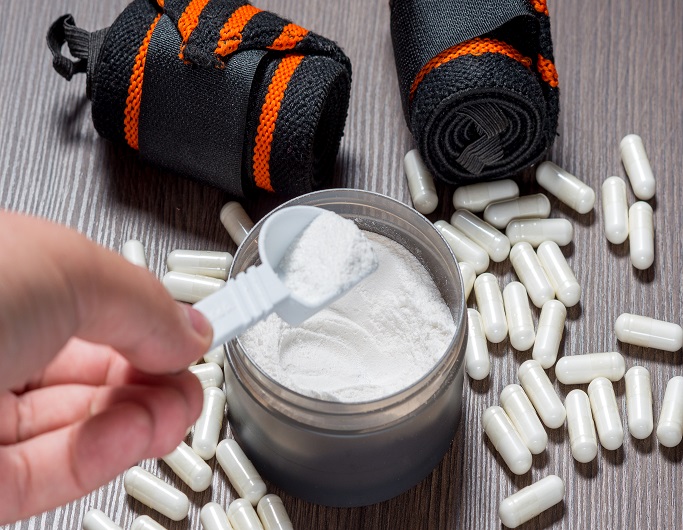
detox diets: don’t fall for them!
Do not fall for these detox diets!
Quotes such as –
’The therapist told me my body had become incredibly acidic from years and years of yo-yo dieting, even though I thought I was super-healthy being vegetarian and knocking back a green smoothie with spirulina every morning’
‘He suggested my body was in such a toxic state from stress and overwork that there was no way it could absorb the nutrients I was consuming. He said I needed to do an alkaline cleanse.’
‘All of the below are extremely acid forming. To rebalance your body towards a more alkaline state you need to cut these items out of your diet; caffeine, alcohol, dairy produce, meat, sugar, wheat and gluten, processed foods’
Or
‘The process of drawing toxins out of your body results in classic symptoms, such as: headaches, tiredness, irritability, skin break-outs, bloating, constipation’
Whenever I hear the word ‘detox’ or any program that tells you that you absolutely CAN NOT eat this type of food or another, or that you MUST buy product A, B, and C in order to lose weight, the word BS springs to my mind and my blood really boils. ‘Detox’ diets are very popular this time of year after the over indulges of Christmas, because they offer an ‘apparent quick fix’ solution. Many ‘detox’ diets try to strike fear into the individual, and fear mongering catches peoples attention which results in more money for the seller. They sell the point of ‘you’ve ruined your health over the past couple of weeks so here’s the quick fix solution to ‘rid all those bad calories.’ But in my opinion ‘detox’ diets are expensive and a complete waste of time.
At the start of January, I would much rather people took a long term attitude to healthy eating, rather than trying quick fix solutions which are not only damaging, but often don’t actually work. A lot of points ‘detox’ diets recommend cutting down on are actually not a bad idea, especially in our typical western diet. If you cut out alcohol, stop smoking and eat less junk food, you will lose weight and feel better, but that’s not because you’re eliminating toxins, you’re just putting less calories from processed foods into your body.
There are a wide variety of ‘detox’ programs, some last a day or two, others go on for several months. As seen in the article above; ‘the six-day slimdown cleanse, for example, suggests a menu of raw salads with soups and smoothies to inspire those New Year weight loss plans; while for those in search of something more ambitious, the 30-day lifechanging cleanse.’ Protocols such as this provide a diet/structure etc for a limited time and imply you are ‘detoxed’ once it is all finished, after a week or month. They provide no education to the client helping them to alter their lifestyle to a healthy sustainable approach.
Other ‘detox’ diets involve the use of supplements or laxatives and most border on starvation diets, permitting you to drink only juice. Lowering your calories to drastically low levels, yes, results in weight loss, but is it healthy and sustainable? Real detoxification is only provided in hospitals under life threatening circumstances, usually when there are dangerous levels of drugs, alcohol, or other poisons in the body.
What About All These Toxins In Food?
There are some good points to take from articles like this, like drinking plenty of water, getting active and working out, and emphasising the need of avoiding yo-yo dieting. But quotes like ‘my body was in such a toxic state from stress and overwork that there was no way it could absorb the nutrients I was consuming’ and ‘we need to rid out body of toxins so ‘detox’ diets are the only way,’ are utter BS and not backed up by any evidence. We are consuming and exposed to toxins 24/7 even in natural food, like fruit and veg, but they are so small they are well below any level of toxicity. Remember it is the dosage that makes it toxic!
Our body has also evolved and adapted sufficiently to deal with these toxins. Our liver, kidneys and gut effectively neutralise such substances and our lungs, skin and immune system are also great at removing toxic substances. Enzymes in our cells either break down chemicals or convert them into less harmful substances which can then be used or excreted by the body via the lymphatic system or blood. The liver in particular converts toxic substances into ones that can be removed via bile or urine. While the kidneys filter our blood and convert waste products into the urine. (2) We have been eating a wide variety of foods over millions of years and our body is always adapting and evolving, along with gut flora, to deal with new foods and chemicals.

You hear many individuals claiming that because something is not natural or present in nature it must be dangerous, even once research and testing had proved it to be safe. This is very common regarding genetically modified organisms, GMOs, and many people now are anti-GMO due to the fact they are not natural. This is an appeal to nature though; an argument in which it is proposed that “a thing is good becauseit is ‘natural’, or bad because it is ‘unnatural.'” Following this, this would mean something like cyanide which is found in apples to be completely safe, but we know at certain dosages cyanide is a poison. The same goes for formaldehyde which is found in tomatoes. Of course you should be skeptical and ask questions of modified and synthetic chemicals, but there is no need to avoid certain GMOs or artificial chemicals once science has proved them to be safe. Food ingredients and chemicals should be judged on the individuals circumstances and scientific evidence, not if it is natural or not. (3-4) Just because the supplements within ‘detox’ diets are sold as natural does not necessity mean they are safe nor effective.
Are Not ‘Detox’ Diets a Safe Way To Eat?
Some ‘detox’ diets can actually cause harm, due to banning food groups causing nutrient deficiencies or restricting calories so much you end up starving yourself. You hear these diet ‘gurus’ claiming that you may suffer from headaches, tiredness, irritability, skin break-outs, bloating and constipation while ‘detoxing’ but this is a sign your body is getting rid of toxins. Hold on, it is probably because you have not been consuming enough calories, vitamins, minerals and fibre! Also do not be tempted to follow a water-only ‘detox’ diet, as you won’t get sufficient nutrients necessary to live and ironically will not be able to run your natural detox system!

‘Detox’ diets can be expensive, pointless and possibly damaging. Simply trust your body’s complex, impressive, and entirely natural detoxifying system in order to achieve your goals and improve health; it is not rocket science. There is no need to avoid or be scared of foods that we have eaten for many years and survived off like meat and dairy, which are banned on so called ‘detox’ diets. Eat a calorie controlled balanced diet, exercise regularly, get plenty of sleep and drink enough water. If you’re serious about improving your health and weight, you need to make sustainable lifestyle changes that last beyond a few weeks or months.
Instead of trying to adopt a brand new routine and turn your life around all in one week, make a plan to implement small, sustainable lifestyle habits. For example drinking more water, getting out for a walk or workout once per week, or eating 2 pieces of fruit per day. Small steps that won’t disrupt your current routine too much will be easier to implement and stick with in the long run. Once the first step becomes a habit, start a second one. So look to consume enough nutrients (protein, carbs, fats) from a wide variety of minimally processed nutrient dense foods and follow a properly designed training programme!
A healthy lifestyle isn’t built all in one day, it’s a series of small changes built on top of one another for a strong, solid foundation.
References
1. http://www.innerbody.com/image_digeov/card10-new2.html
2. http://www.innerbody.com/image_urinov/dige05-new.html
3. Wagner W1, Kronberger N, Seifert F. Collective symbolic coping with new technology: Knowledge, images and public discourse. Br J Soc Psychol. 2002 Sep;41(Pt 3):323-43.
4. Slovic P. Perception of risk. Science. 1987 Apr 17;236(4799):280-5.






no comments yet!